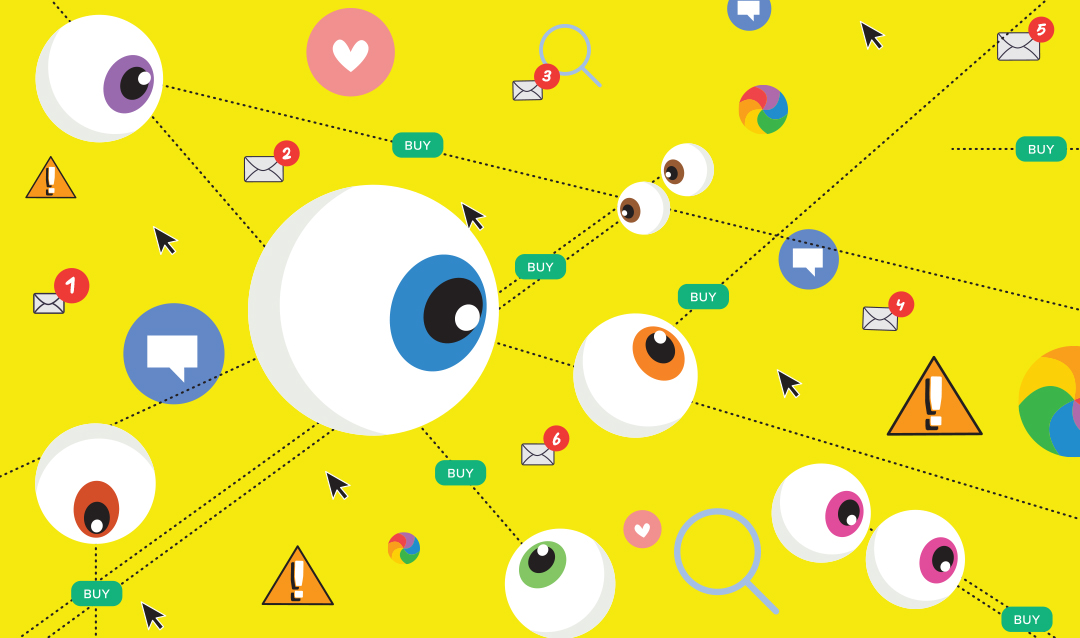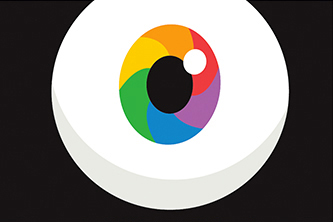“The content of the ad was held totally constant, so consumers are drawing these conclusions about the brands solely based on their mental experience of being distracted or not and regardless of the content of the ad,” explained Zane.
The study, "The Meaning of Distraction: How Metacognitive Inferences from Distraction during Multitasking Affect Brand Evaluations" appears in the Journal of Consumer Research, and reports the team’s finding that participants who perceived themselves to be highly distracted by the background ad reported greater interest in the advertised brand and they were likely to engage with that brand on social media.
This research is the first to focus on multitasking in the customer domain with an emphasis on advertising. Both marketers and consumers can benefit from this research, as the results shed light onto how marketers can capture the interest of consumers and how consumers can better understand the mental process driving their interest and purchasing decisions.
“The good news for marketers is that in a world where their advertisements are bound to be in the background at times, all is not lost,” said Zane. “Consumers can still positively react to a brand solely based on their internal experience of noticing that their attention keeps shifting away from whatever they are focused on and toward the ad.”
Zane warns that the takeaway for marketers isn’t as simple as making ads as distracting as possible. There are limitations.
For consumers, being distracted by an ad might result in a favorable brand evaluation, but they should remember that just because they are distracted does not mean they are truly interested and should buy the product, he adds.
“What if you are distracted by the ad simply because multitasking is nearly impossible or because it’s late at night after a long day of work and you simply can’t keep your attention in one place? In our society where we all constantly multitask, it’s worth it to reflect on these sorts of questions in order to make sure our opinions of brands and consumption choices are authentic,” says Zane.
Daniel Zane studies consumer behavior and his research interests include inference making, self-perceptions, and ethical decision making. He received his Ph.D. from The Ohio State University and previously worked as a marketing analyst for Harte-Hanks.






